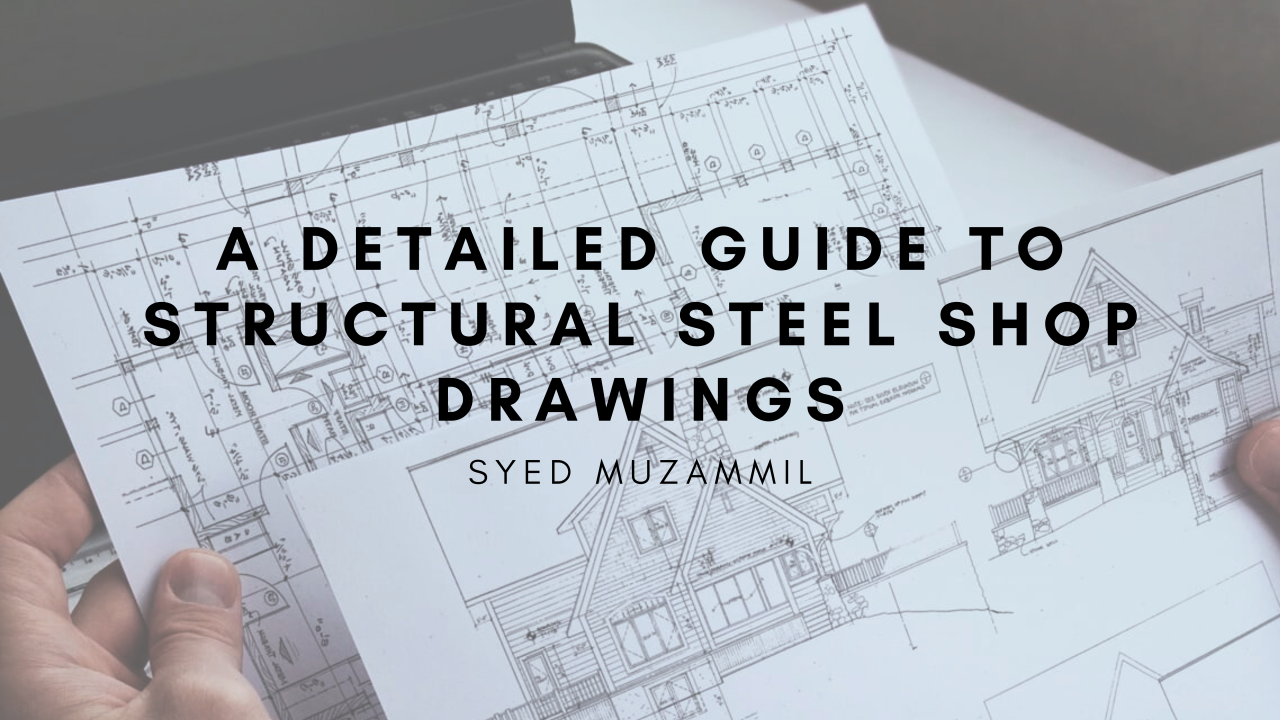Steel Detailing
Say Hi!
contact@structuralworld.com

A Detailed Guide to Structural Steel Shop Drawings
For centuries, master blacksmiths have


How Much Does It Cost to Detail Structural Steel Dreams into Reality?
Do you have grand dreams

contact@structuralworld.com

For centuries, master blacksmiths have


Do you have grand dreams
